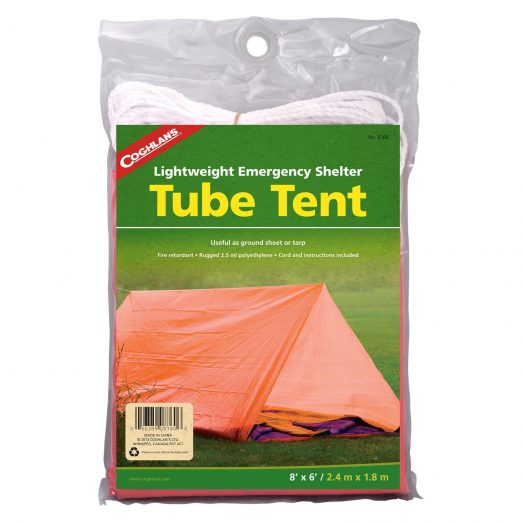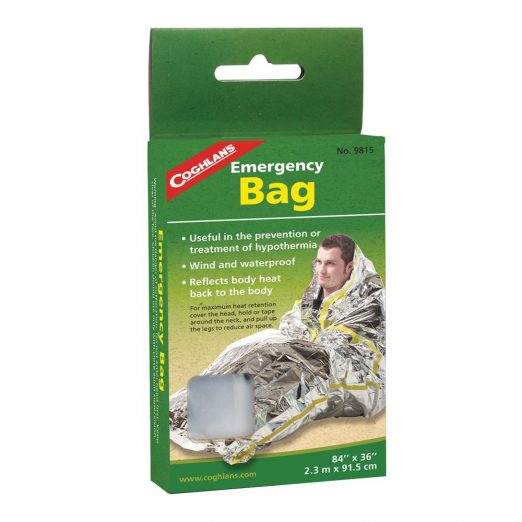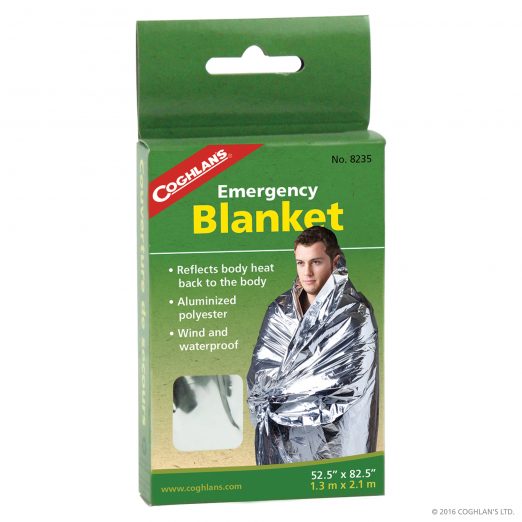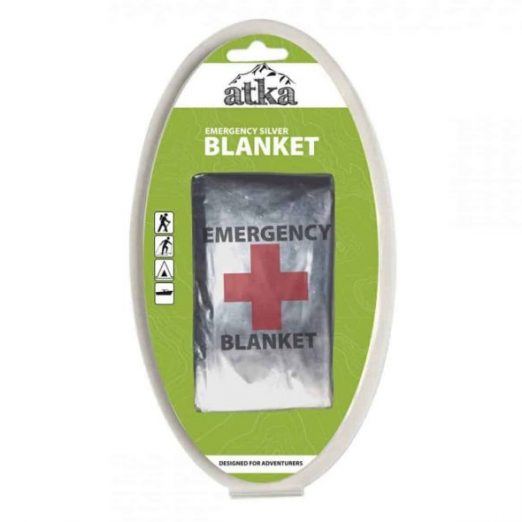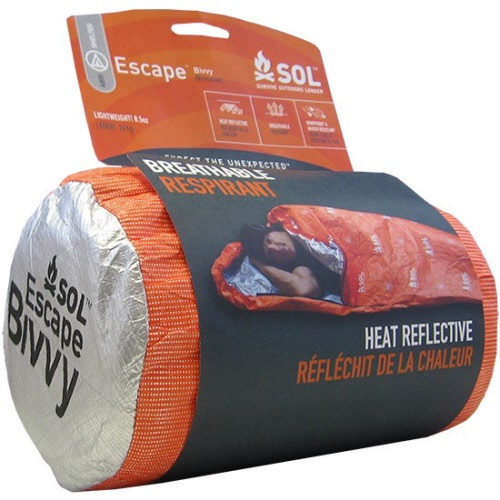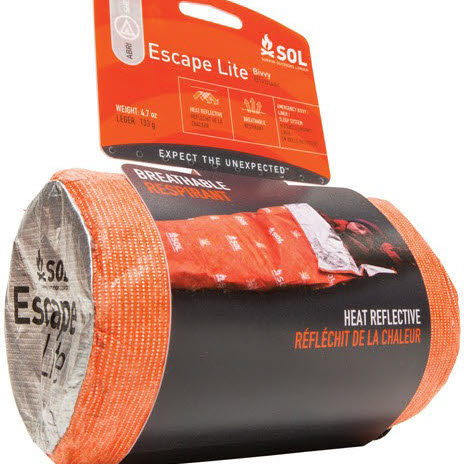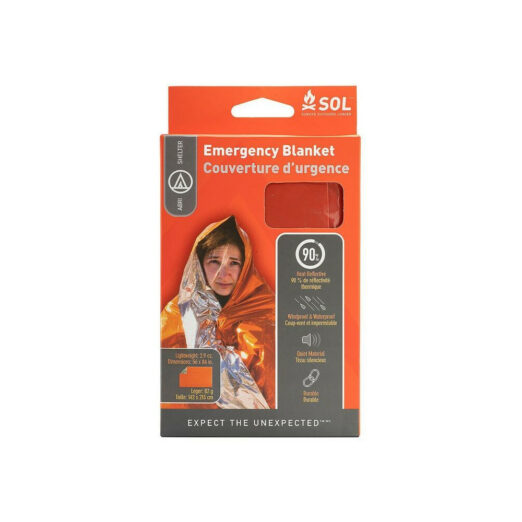Why is shelter and sleeping equipment important for outdoor activities?
Shelter and sleeping equipment are crucial for outdoor activities for several reasons:
-
Protection from the elements: Outdoor activities often expose us to unpredictable weather conditions. Having a shelter, such as a tent or a tarp, provides protection from rain, wind, snow, and harsh sunlight. It helps to create a safe and comfortable space where you can retreat and rest.
-
Safety and security: A shelter acts as a physical barrier between you and potential dangers in the wilderness. It keeps you safe from wildlife encounters, insect bites, and other hazards. Moreover, it provides a secure place to store your gear, reducing the risk of theft or damage.
-
Rest and recovery: Adequate sleep is crucial for outdoor enthusiasts to maintain physical and mental well-being. Sleeping equipment like sleeping bags, sleeping pads, and pillows contribute to a good night’s sleep by providing insulation, cushioning, and support. Quality rest helps to restore energy levels and promotes better performance during the day.
-
Comfort and relaxation: After an adventurous day in nature, having a cozy and comfortable shelter allows you to unwind and relax. It creates a sense of home away from home, providing a comfortable space to read, socialize, or simply enjoy the serenity of the outdoors.
Remember to choose appropriate shelter and sleeping equipment based on the specific outdoor activity, climate, and duration of your adventure.
What is a tube tent?
A tube tent is a type of shelter commonly used in outdoor activities such as camping or emergency situations. It is a simple and lightweight shelter that consists of a long tube-shaped piece of waterproof fabric, usually made from nylon or polyester.
A tube tent is designed to be set up by threading a rope or cord through the length of the fabric and then securing it between two trees or sturdy objects. The fabric is then stretched out to form a long tunnel-like shape. The ends of the fabric are often closed off with ties or clips to create an enclosed sleeping space.
Tube tents are typically compact and easy to carry, making them a popular choice for backpackers and hikers who need a lightweight shelter solution. They provide basic protection from wind and rain, but they may not be as robust or insulated as traditional tents. It’s important to note that tube tents are generally designed for short-term use and should not be relied upon as a long-term solution in extreme weather conditions.
What are the benefits of insect nets?
Insect nets, also known as mosquito nets or bug nets, offer several benefits in various situations. Here are some of the main advantages of using insect nets:
-
Protection against insects: The primary benefit of insect nets is their ability to keep insects, such as mosquitoes, flies, and gnats, out. This protection is especially crucial in areas where these insects may carry diseases like malaria, dengue fever, or Zika virus.
-
Improved sleep quality: Insect nets provide a barrier between you and biting insects, allowing for a peaceful and uninterrupted sleep. They can help prevent annoying insect bites, which can cause discomfort and itching throughout the night.
-
Enhanced outdoor experience: Whether you’re camping, hiking, or simply enjoying your backyard, insect nets can make your outdoor activities more enjoyable. They create a bug-free zone, allowing you to relax and enjoy the fresh air without constant buzzing or swatting away insects.
-
Eco-friendly alternative: Using insect nets can be a more environmentally friendly option compared to relying on chemical-based insect repellents. Insect nets are reusable and do not require the use of potentially harmful chemicals that can harm both humans and the environment.
-
Versatility: Insect nets come in various forms, including bed nets, hammock nets, and clothing nets. This versatility allows you to protect yourself from insects in different settings and activities, ensuring you can stay comfortable and safe wherever you go.
-
Cost-effective solution: Insect nets are generally affordable and offer long-term value. Investing in a high-quality, durable net can provide protection for multiple trips or seasons, making it a cost-effective choice over time.
What is an emergency blanket?
An emergency blanket, also known as a space blanket or thermal blanket, is a lightweight and compact sheet made of a thin, heat-reflective material. These blankets are designed to provide insulation and help conserve body heat in emergency situations or adverse weather conditions.
Emergency blankets are typically made from a metallic-coated plastic film, such as Mylar or aluminum, that reflects radiant heat back towards the body. This reflective property helps to retain body heat and prevent heat loss, providing warmth and protection against hypothermia in cold environments.
Key benefits and uses of emergency blankets include:
-
Heat retention: The primary purpose of an emergency blanket is to trap and reflect the user’s body heat, keeping them warm in cold conditions. This can be crucial during outdoor emergencies or survival situations when traditional sources of warmth may not be available.
-
Compact and lightweight: Emergency blankets are designed to be compact and lightweight, making them easily portable and suitable for inclusion in emergency kits, backpacks, or first aid supplies. Their small size allows them to be carried without adding significant weight or bulk.
-
Waterproof and windproof: Many emergency blankets have a waterproof coating, which helps to repel rain, snow, or moisture, keeping the user dry in wet conditions. Additionally, they can act as a wind barrier, providing some protection against chilly winds.
-
Versatile use: Emergency blankets have multiple applications beyond warmth and insulation. They can be used as ground cover, improvised shelters, signaling devices, or even as a reflective surface for attracting attention. Their versatility makes them a valuable tool in various emergency situations.
-
Affordable and disposable: Emergency blankets are typically inexpensive, making them accessible to a wide range of individuals. While they are intended for single-use or limited use, their low cost allows for easy replacement when needed.




















